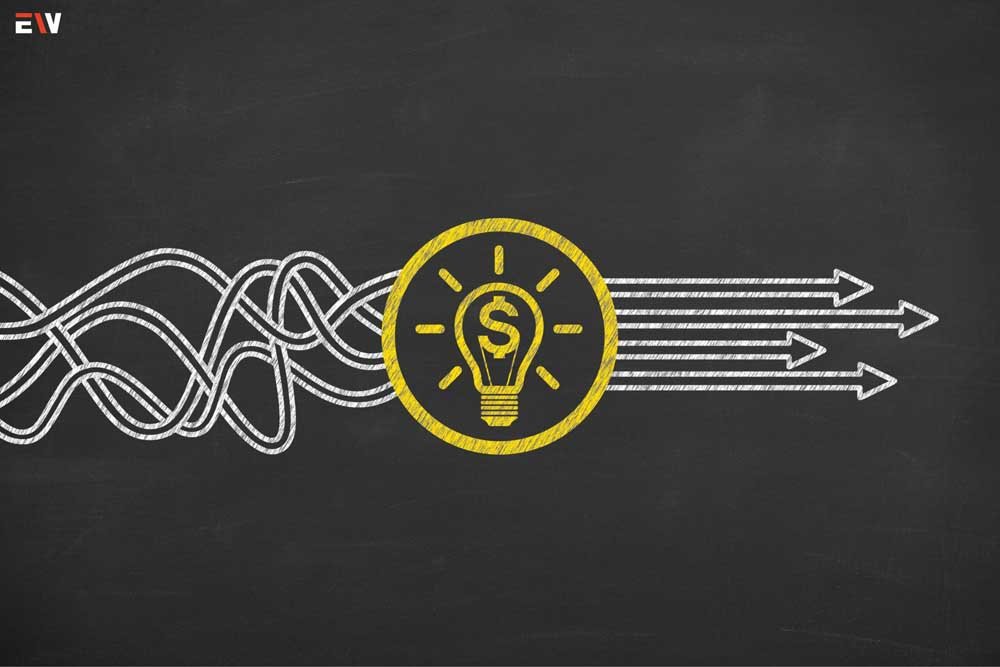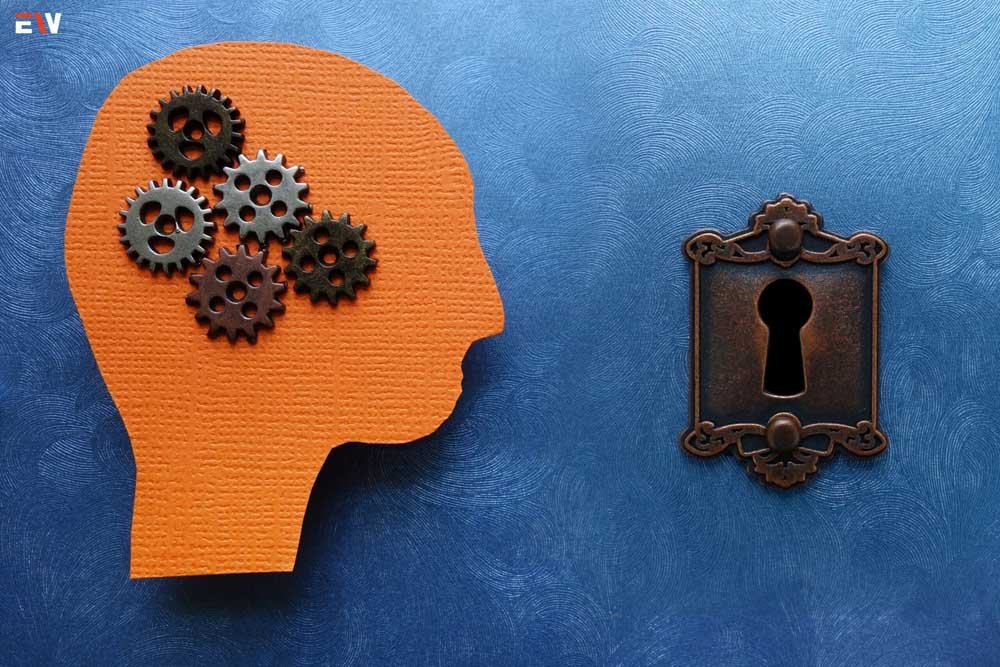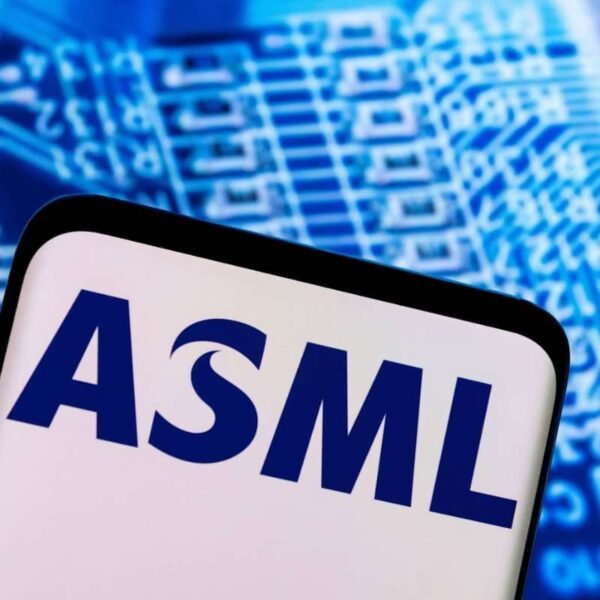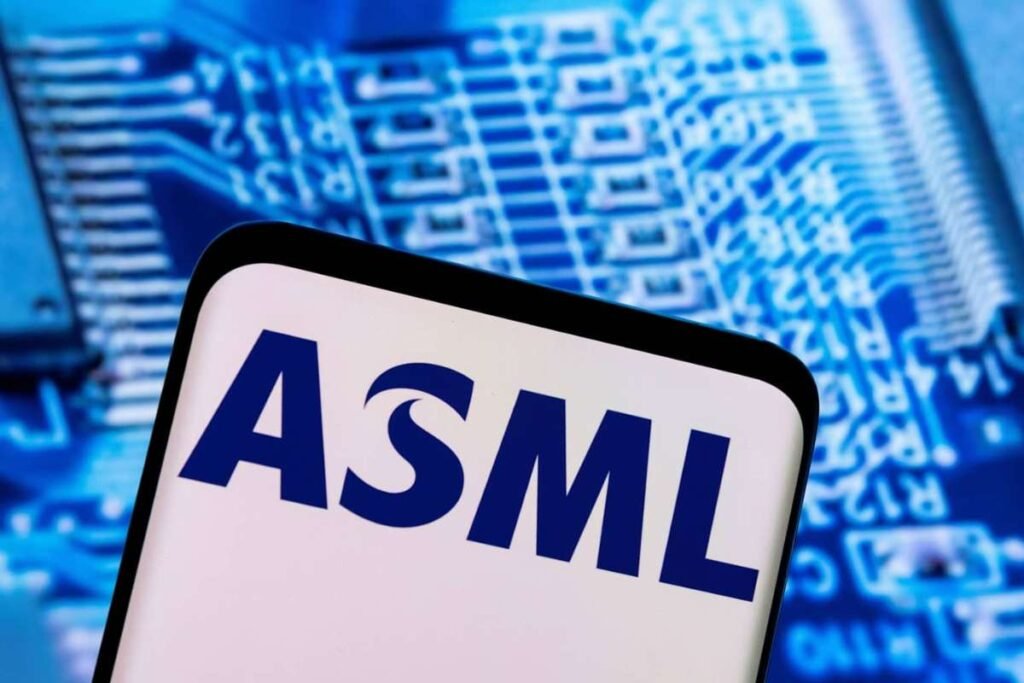In today’s information-rich and rapidly evolving world, the ability to think critically is more essential than ever. Critical reasoning skills empower individuals to analyze information, evaluate arguments, and make informed decisions in various contexts, from academia to professional settings and everyday life. In this comprehensive guide, we explore the significance of critical thinking skills, key components, and strategies for honing these skills to navigate complexity with clarity and confidence.
Understanding Critical Reasoning Skills
Critical reasoning skills encompass a range of cognitive abilities that enable individuals to:
- Analyze Information: Effectively evaluate the reliability, credibility, and relevance of information sources and evidence.
- Evaluate Arguments: Assess the strength, validity, and logic of arguments, identifying assumptions, biases, and fallacies.
- Synthesize and Apply Knowledge: Integrate diverse perspectives, concepts, and information to form coherent conclusions and solutions to problems.
- Communicate Effectively: Articulate thoughts, ideas, and arguments clearly and persuasively, both verbally and in writing.
Significance of Critical Reasoning Skills
1. Informed Decision Making

Critical reasoning skills empower individuals to make reasoned and evidence-based decisions, weighing pros and cons, considering alternatives, and anticipating consequences.
2. Problem Solving
In complex and ambiguous situations, critical thinking skills enable individuals to identify root causes, analyze underlying issues, and develop effective solutions.
3. Effective Communication
Clear and logical communication is essential in conveying ideas, persuading others, and fostering understanding. Critical reasoning skills enhance communication effectiveness by promoting clarity, coherence, and persuasiveness.
4. Lifelong Learning
In an era of continuous change and innovation, critical thinking skills are crucial for adapting to new information, acquiring new knowledge, and learning from experiences.
Key Components of Critical Thinking Skills
1. Analytical Thinking
Breaking Down Complex Problems
Deconstructing complex issues into manageable components to facilitate analysis and understanding.
Identifying Patterns and Trends
Recognizing recurring themes, patterns, and trends within data, information, or arguments.
2. Logical Reasoning
Recognizing and Evaluating Arguments
Assessing the validity, soundness, and coherence of arguments by identifying premises, conclusions, and logical relationships.
Avoiding Logical Fallacies
Identifying common logical fallacies, such as ad hominem attacks, straw man arguments, and false dichotomies, and avoiding them in reasoning.
3. Creative Problem-Solving
Generating Innovative Solutions

Thinking creatively to generate novel ideas, approaches, and solutions to problems.
Embracing Divergent Thinking
Exploring multiple perspectives, viewpoints, and possibilities to challenge assumptions and foster innovation.
4. Effective Communication
Clarity and Precision
Articulating ideas, arguments, and conclusions clearly and concisely to ensure understanding and avoid ambiguity.
Persuasiveness
Presenting arguments and evidence persuasively to influence attitudes, beliefs, and behaviors.
Strategies for Developing Critical Reasoning Skills
1. Practice Active Listening and Reading
Engage actively with information by listening attentively, reading critically, and asking questions to clarify understanding and identify key points.
2. Question Assumptions and Biases
Challenge assumptions, biases, and preconceptions by adopting a skeptical mindset and considering alternative perspectives.
3. Engage in Reflective Thinking
Reflect on experiences, decisions, and outcomes to identify lessons learned, insights gained, and areas for improvement.
4. Seek Diverse Perspectives
Expose yourself to diverse viewpoints, cultures, and disciplines to broaden your perspective and enhance your ability to think critically.
5. Participate in Problem-Solving Activities

Engage in problem-solving activities, such as puzzles, games, debates, or case studies, to develop analytical, logical, and creative thinking skills.
6. Practice Constructive Feedback
Seek and provide constructive feedback on ideas, arguments, and solutions to refine your reasoning skills and enhance your ability to communicate effectively.
Conclusion
Critical reasoning skills are indispensable for navigating complexity, making informed decisions, and communicating effectively in today’s fast-paced and information-driven world. By honing analytical thinking, logical reasoning, creative problem-solving, and effective communication, individuals can enhance their ability to analyze information, evaluate arguments, and make reasoned decisions with clarity and confidence. As lifelong learners, we must continually cultivate and refine our critical thinking to adapt to new challenges, seize opportunities, and contribute meaningfully to society.










